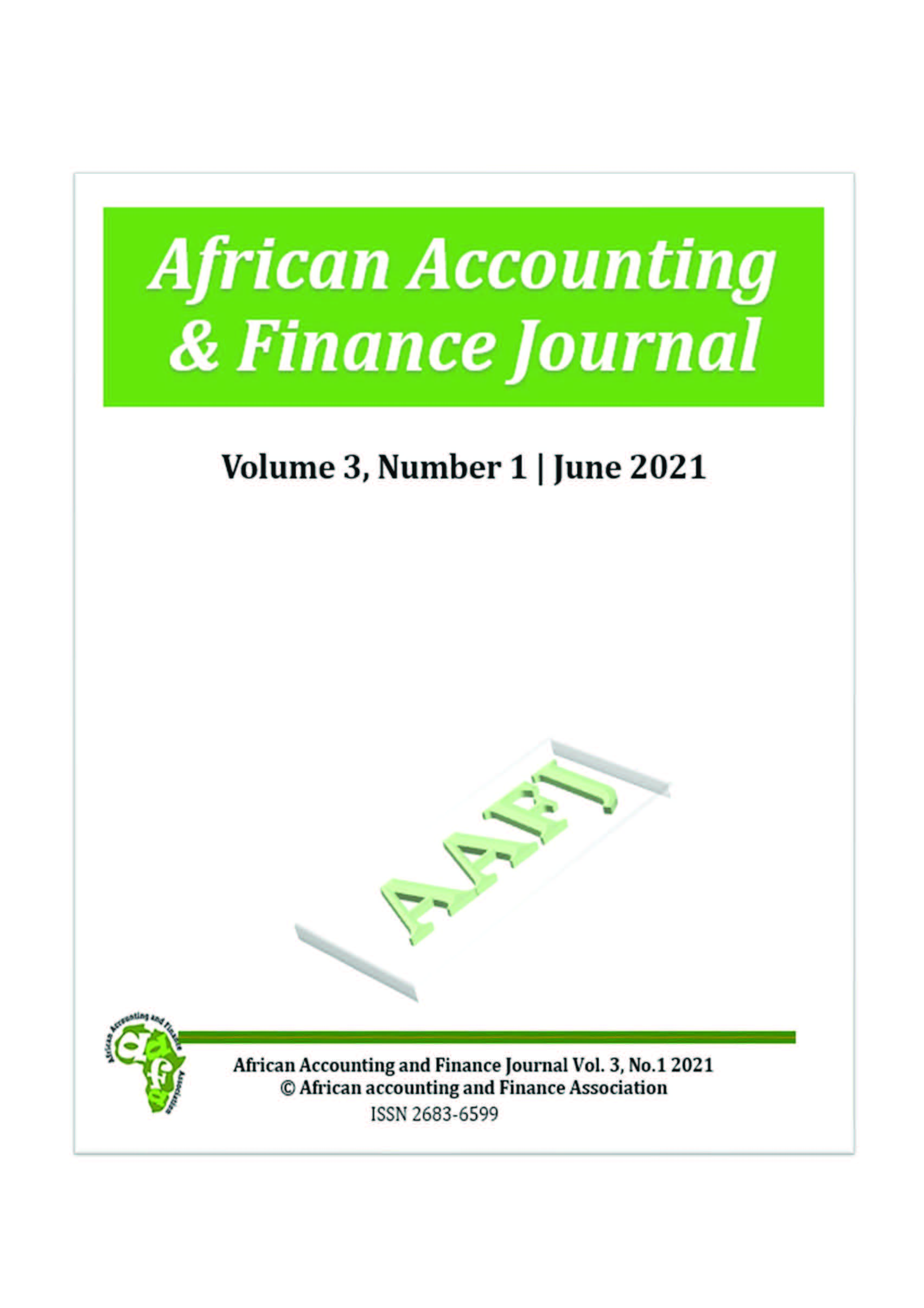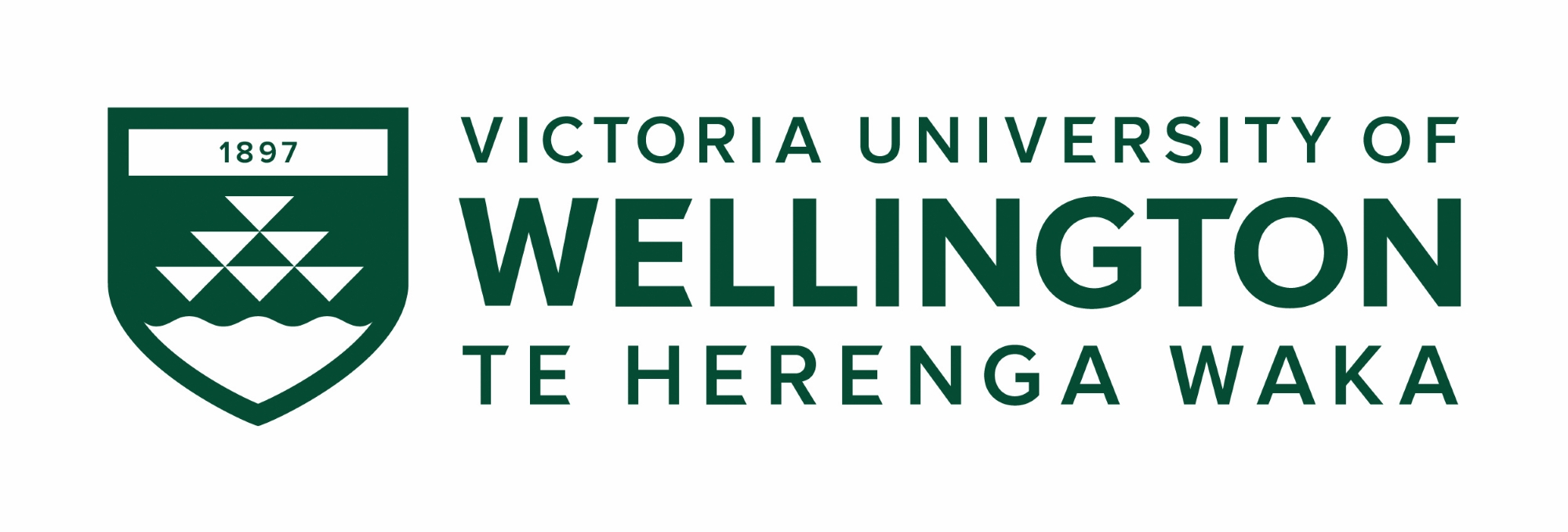Does IFRS Implementation Influence Sustainability Reporting in Nigeria?
DOI:
https://doi.org/10.26686/aafj.v3i1.9736Keywords:
IFRS, Sustainability Reporting, Economic, Environmental, SocialAbstract
Purpose: Upon the mandatory implementation of the International Financial Reporting Standards (IFRS) in 2012, Nigeria seems contented as no specific regulation has been set up mandating firms to comply with sustainability reporting. Thus, this study examines whether IFRS implementation influences the disclosure level of the three aspects of sustainability (economic, environmental, and social).
Design/methodology/approach: The hypotheses are analysed using the paired samples t-test; purposive sampling technique is adopted in selecting seven (7) companies from the oil and gas industry. These seven companies have a complete annual report on the Nigerian Stock Exchange for the period of twelve (12) years, from 2006 to 2017 (6 years pre-IFRS and 6 years post-IFRS) and are measured by scoring index based on disclosure indicators selected from Global Reporting Initiative guidelines 2016.
Findings: This research establishes that IFRS implementation improves sustainability reporting, as the disclosure level of all three aspects of sustainability reporting increases post-IFRS implementation. However, the varying disclosure level amongst the three aspects suggests that IFRS implementation may not be enough.
Originality/value: This study is original in that it considers sustainability reporting in Nigeria from the standpoint of IFRS implementation. Also, unlike most sustainability studies which rely on legitimacy theory, this study anchor on reputation theory.
Downloads
Downloads
Published
Issue
Section
License
Papers and contributions become the legal copyright of African Accounting and Finance Association unless otherwise agreed



